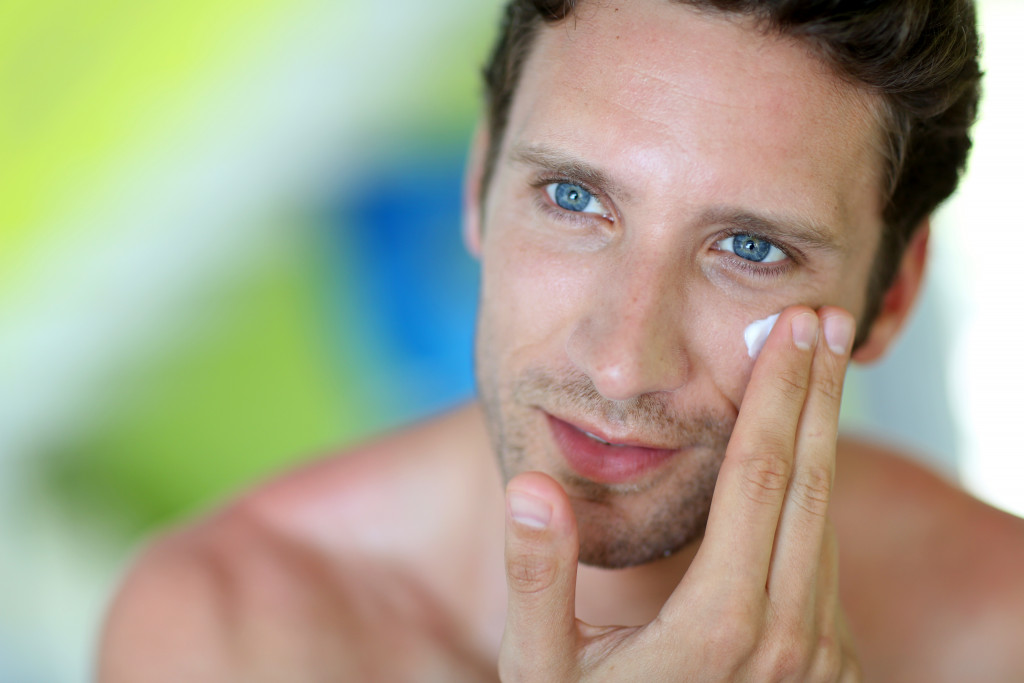The year 2020 looked like a fresh slate of gleaming potential or a resurgence of the Roaring Twenties. We thought of that, oblivious to the pandemic that would soon follow. Of course, Gatsby-style parties are becoming more hazardous these days. We’ve resorted to solitary hobbies in their place, found comfort in simplicity, and treasured any sense of regularity during turmoil.
Perhaps this explains why the skincare industry showed no signs of slowing down in 2020. In fact, online body-care items and other online sales increased by 42% in the first half of the year, according to statistics. As the year 2020 progressed, so did people’s interest in beefed-up skincare routines. In a September consumer survey sponsored by NPD Group, 22% of the respondents claimed that the pandemic had directly altered their skincare habits, mainly for the better. One-third stated they were “expanding their skincare regimen to incorporate additional products.”
On a less positive side, 2020 brought with it a slew of unseen skin issues. Among these was “maskne,” a word derived from the association between face masks and breakouts.
Another skincare issue was sensitized skin, mainly caused by mask use and excessive hand-washing (health-care workers took the brunt). For all of us who worked from home — and anybody who spent considerable time in front of the computer screen instead of people — the buzz about “blue light” (“HEV light” in scientific parlance) grew as well. These problems created some of the most prominent skincare trends of 2020, many of which will persist into the new year. “Expect the unusual” might have been the theme of 2020, but there are some skincare trends that will continue to reign in 2022.
Probiotics Thrive in the Skincare Industry
Probiotics are “living bacteria that assist the good microorganisms in your body.” We know some bacteria are beneficial for humans, and when patients take them, the harmful bacteria die off. A growing body of research indicates that taking probiotics in pill and topical form can help prevent and cure skin problems such as eczema, acne, dry skin, and UV-induced skin damage. Certain probiotics have been proven to increase the skin’s synthesis of ceramides or lipids (fats) that retain moisture and keep acne-causing bacteria at bay. Several modest but intriguing studies have also shown that probiotics may aid in the fight against skin aging and potentially skin cancer. According to research, certain probiotics feed good bacteria to regulate the skin’s pH and protect it from free radical damage. In other words, probiotics are great for the skin.

The Impact of Probiotics on Skincare
Probiotics, which are “friendly” microorganisms thought to enhance skin health through the microbiome, have long been an inspiration in the beauty business. Living creatures being applied on your face seems strange at first, but that is to be anticipated.
According to scientists, the skincare trend is thriving in the year 2021. The number of probiotic skincare companies, whose purpose is to support a healthy microbiome, is on the rise.
What will the future of bacteria-based skincare look like as we approach the year 2022? Everybody, from scientists and dermatopathologists to the representatives of cosmetics companies, agrees on one thing; the skincare trend is here to stay! A board-certified dermatologist in Arizona thinks that the microbiome and the “bugs” that assist in maintaining it are the future of medicine.
Why? There are too many reasons to list down here and now. As an alternative, a balanced microbiota is linked with a flat skin surface state that is healthful. On the contrary, skin diseases such as acne and eczema are linked with microbiome imbalance. In addition, researchers found a connection between the microbiota and acne medications (particularly isotretinoin). Isotretinoin lowers acne by rebuilding the skin’s microbiota.
If you’re interested in studying microbiome-friendly skincare, researchers advise that you start now. Hence, look at the studies in this area since microbiome-friendly goods might not live up to expectations.
Microbiota researcher Dr. Elsa Jungman agrees wholeheartedly. As she explains, if you are searching for bacteria that are alive, it is important to grasp that probiotics are classified as “living organisms.” Looking for businesses with a lot of studies behind them is her recommendation. Scientists who share Jungman’s ideas on microbiome-friendly skincare have helped her develop an identical product line.
Your skin is filled with beneficial microorganisms that aid in immune and barrier function. A variety of conditions can lower these bacteria numbers, raising the risk of breakouts, erythema, dermatitis, and wrinkles. A growing body of research indicates that using a skincare product with probiotics can help increase your skin’s microbiota for a healthier, more radiant complexion.

